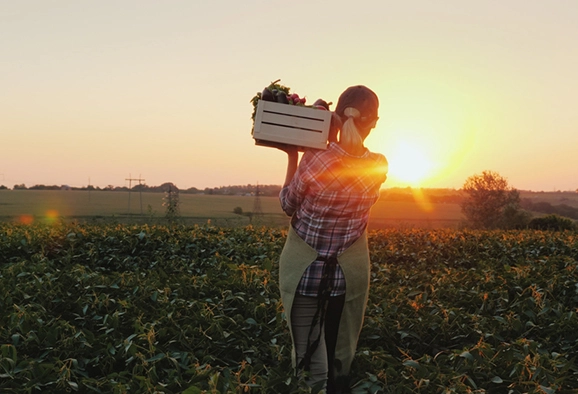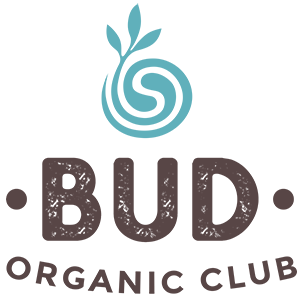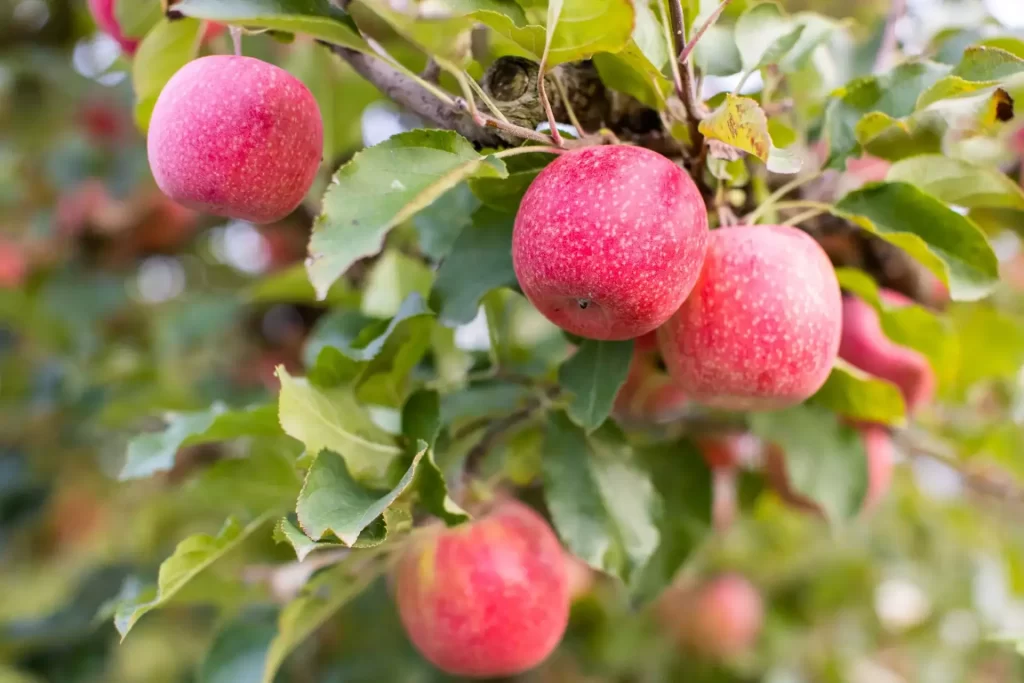With September and Australian Organic Awareness Month coming to an end, this doesn’t mean we should halt our organic eating habits!
Fruit and vegetables are often consumed whole in their raw state. As such, how they are produced becomes even more important! For our latest blog, we have taken a closer look at how organic fruit and vegetables are grown and made available for purchase.
What makes fruit and vegetables organic?
Organic food production is based on a system of natural farming that maintains and replenishes soil fertility without the use of toxic, persistent pesticides or synthetic fertilisers. Now your question might be, why isn’t all food grown like this? After all, everyone wants to consume fruit and vegetables that are free from any contaminants or potential nasties.
However, we aren’t the only ones who want to eat said food, and there is a reason for the classic children’s book, “The Very Hungry Caterpillar”! As such, non-organic farmers may use pesticides and herbicides to control pests and weeds, however, this may have consequences for consumers.
There are several examples of this. Potato plants may be killed with herbicides to facilitate crop harvest, leaving high amounts of pesticide residues on the product. Non-organic fruit can be sprayed with antibiotics to prevent spoiling after harvest. The shiny colour of apples and citrus in the supermarket isn’t always natural to the fruit – often it’s a wax coating to prevent moisture loss. Tomatoes and other fruits are often picked unripe and then chemically ripened with ethylene, and the list goes on!
It’s no wonder people claim organic tastes better when you allow the fruit to ripen fully on the plant, and don’t use wax or other nasties!
Which fruit and vegetables are especially important to eat organically?
With inflation and the cost of living increasing, the weekly grocery shop is putting even more pressure on household budgets. However, there are ways to minimise your pesticide exposure by making a few small changes, as certain groups of fruit and vegetables have been shown to contain more residual pesticides than others.
Studies from the Environmental Working Group in the USA named the ‘dirty dozen’, which represented the 12 fruits and vegetables with the most pesticide residues on supermarket shelves. These products are strawberries, spinach, kale, nectarines, apples, grapes, capsicum, cherries, peaches, pears, celery and tomatoes. Though Australian production systems and climates are different, it remains a great guide to prioritise which groceries you should be purchasing organic or avoiding when doing the weekly shop!
While purchasing with seasonal variation is key to minimising costs, you can also reinvent your shopping list through substituting your usual groceries for similar vegetables. For instance, you could try buying a bunch of organic silverbeet and using the leaves as spinach while using the stalks as you would celery. Or else, buy a whole organic cabbage which will last many, many salads. For more information on how to purchase organic on a strict budget, check out our article and video on the subject.

How to check if your fruit and vegetables are truly certified organic
Depending on where you buy your groceries, there will be different systems in place. At larger supermarkets, the organic produce must be segregated and separately packaged from non-organic produce. Consumers can easily look for the ‘Bud’ logo, or the logo of another certification body which will display the certification number of the farm that produced the fruit or vegetable in question. If you see loose unmarked items that claim to be organic, the retailer should be certified. This certification requires financial and traceability audits to ensure that you as the consumer are indeed purchasing a truly organic product. If you are at the farmers markets and the producer is claiming organic, ask them which certification body they are with and their certification number to ensure they are indeed following organic practices throughout their whole supply chain.
Conclusion
Certified organic produce provides you and your family with nutritious, safe and sustainable produce. When you buy certified organic, you are purchasing produce that has been grown without synthetic fertilisers, pesticides and GMOs, in a farming system that is based on building and improving soil carbon and fertility. Always look for a certification mark such as the Australian Certified Organic Bud logo to ensure that the organic produce is certified and truly organic.
Organic Fruit and Veg Glossary
Ethylene: A gaseous plant hormone that can be used to induce the ripening process for many fruits.
GMOs: An animal, plant, or microbe whose DNA has been altered using genetic engineering techniques.
Pesticides: Any substance or mixture of substances used to prevent, destroy, repel or mitigate pests.
Synthetic fertilisers: Chemically manufactured materials containing one or more of the primary nutrients necessary for plant growth: nitrogen, phosphorus and potassium.


